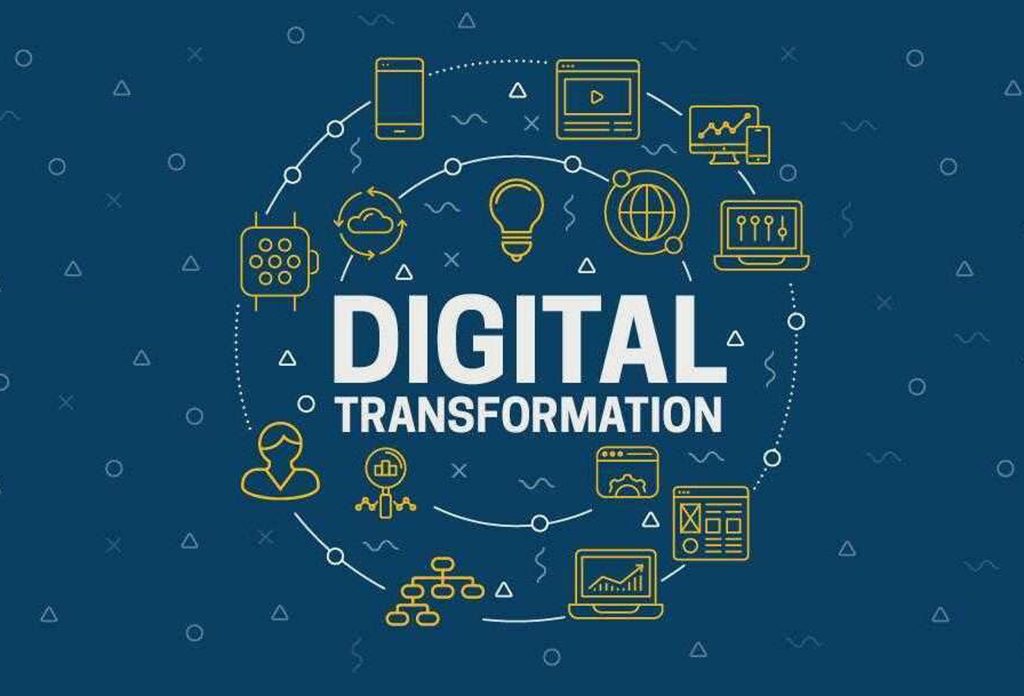
Digital transformation is a pivotal shift that businesses are adopting to remain competitive and maximise operational potential in an increasingly tech-driven world. At its core, this process involves integrating and adapting technology to enhance operations, streamline workflows, improve customer interactions, and enable data-driven decision-making. By adopting new tools and systems, businesses can not only increase efficiency but also create more personalised experiences for their customers, helping to build stronger relationships and drive loyalty. For business owners, IT professionals, and technology leaders, digital transformation represents a clear pathway to innovation, scalability, and long-term growth in an ever-evolving marketplace.
Greater Efficiency in Operations
One of the most significant benefits of digital transformation lies in its ability to streamline workflows and processes. By automating repetitive tasks and integrating advanced tools, organisations can save time and allocate resources more effectively. From cloud computing to artificial intelligence, these technologies refine operations and reduce bottlenecks that may otherwise be difficult to manage manually. For example, robotic process automation (RPA) allows organisations to handle high-volume tasks accurately, freeing up employees’ time for strategic, value-driven activities.
Digital tools also enable seamless communication and collaboration, particularly for businesses with remote teams. Cloud-based platforms and applications ensure that teams stay connected, regardless of location, facilitating productivity and driving project success.
Enhanced Customer Experience
Improving interactions with customers remains a key priority for forward-thinking organisations. Digital transformation provides cutting-edge solutions that elevate customer satisfaction through swift, personalised interactions. For instance, chatbots powered by artificial intelligence can provide instant support, addressing queries at any time while maintaining a consistent tone and approach.
Businesses can also utilise customer relationship management (CRM) systems to better understand consumer needs and preferences. These platforms integrate data from multiple channels, enabling companies to develop meaningful and effective engagement strategies. A well-executed transformation strategy doesn’t just support operational goals but ensures customers feel prioritised in every step of their interaction.
Deeper, Actionable Insights
Today’s businesses generate and interact with more data than at any point in history, creating both opportunities and challenges. Effective digital transformation strategies empower organisations to harness this data, turning it into actionable insights that drive informed decision-making and long-term growth. By organising and analysing vast amounts of information, companies can unlock hidden patterns and trends that provide a competitive edge. Advanced analytics can identify customer behaviours, market movements, and business opportunities that might have otherwise gone unnoticed, allowing businesses to stay ahead of the curve.
Data visualisation tools, predictive modelling, and real-time analytics are essential components of this approach. These tools transform complex datasets into clear, digestible formats, enabling teams to make proactive decisions rather than reacting to issues after they arise. With predictive modelling, businesses can anticipate future outcomes and refine strategies accordingly, while real-time analytics ensures swift responses to evolving challenges and opportunities as they occur.
When paired with the right systems and technology, data can become a powerful asset that drives efficiency and innovation. Businesses can leverage their data to improve marketing campaigns by targeting the right audiences with personalised messaging, streamline supply chains to reduce costs and improve delivery times, and enhance risk management practices by identifying vulnerabilities before they escalate. In a data-driven world, the ability to effectively analyse and act on information is no longer optional—it’s a requirement for success.
Final Thoughts
Digital transformation is no longer an aspirational idea; it has become an essential component of modern business strategy. By embracing technology-driven approaches, businesses can unlock increased efficiency, deliver a superior customer experience, and gain valuable data insights to inform decision-making. These tangible outcomes enable companies to streamline operations, better understand customer needs, and adapt quickly to market changes, ensuring they stay ahead of the competition.
For business owners, IT professionals, and technology leaders, the benefits of digital transformation speak for themselves. Whether it’s through automating processes, enhancing communication, or leveraging data analytics, organisations can position themselves not only as competitive players in their industries but as leaders who continuously drive innovation and long-term impact.






